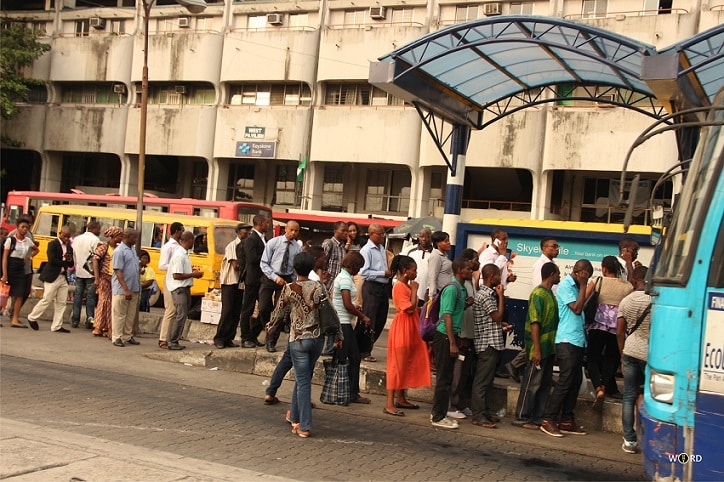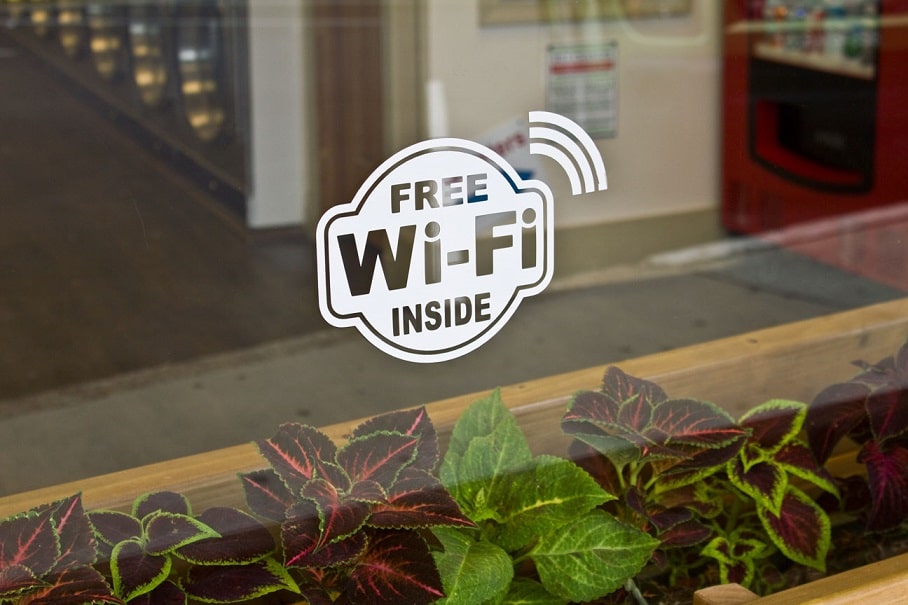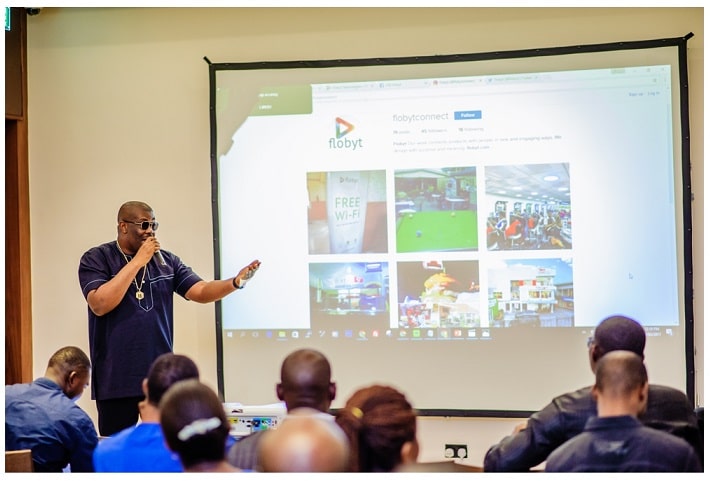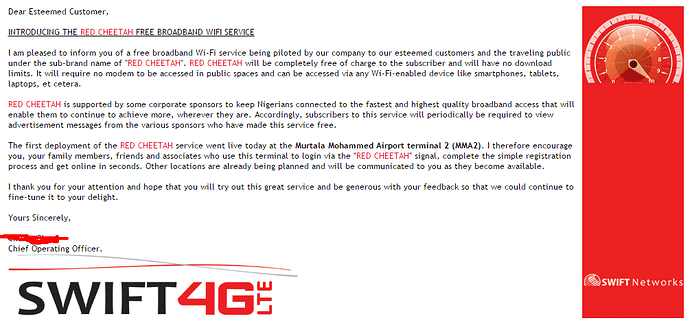One of the best marketing strategies in the world is to give away your products for free. Some people won’t agree with this, but you might remember how I proved this in my article on the free economy model.
Suggested Read: The future of revenue generation for Startups is the “Free” model
To refresh your memory, I shared several models of the free economy including how the two biggest websites in the world — Google and Facebook — are giving away their services for free to billions of users, yet between them, these companies are worth almost $900 billion.
The obvious “secret” of this business model is that when you give people free things on your platform, you can ask others to pay to reach that audience.
So when Flobyt launched its free WiFi platform in February, I decided to complete the second part of the post and share what I find interesting about Don Jazzy’s latest project.
Why I think Don Jazzy is a big deal with Flobyt
Don Jazzy has really pulled his weight in the Nigeria music scene, same with Dele Odufuye in the tech scene. I respect them both and their joint venture is disrupting the “internet” market by giving for free what many users would have paid for.
You might probably be aware that Flobyt is not the first free WiFi programme in Nigeria. For context, CafeNeo uses free WiFi as an incentive to drive patronage to its stores (just like Starbucks), iROKOtv is offering free movie downloads for its users at some of their kiosks and at least 2 Nigerian banks — Zenith Bank and Union Bank — have launched free WiFi programmes at some of their branches. The problem is that the implementation by the banks is not as innovative. In fact, in my original post, this is what I recommended to the banks:
“Instead of the banks asking their customers to login with their account numbers, which many of them might not even remember offhand, they should simply allow them to login easily via their emails or social IDs and even make the WiFi available to EVERYBODY in more locations”
It appears that Flobyt understands this pain-point and has innovated around it to launch a near-perfect solution. By expanding the service to reach more people via their partner network, Flobyt is positioning itself to generate more leads to drive traffic to their paid products or any third party services. There is also possibility for data capturing, to collect survey responses and consumer preference for brands and productise the data.
Because the service is free to users who are willing to be exposed to advertising in return for free WiFi, Flobyt can use the platform to develop their own inventory or team up with 3rd parties that have ad inventory and are looking for audience.
This is good, especially for daily deals sites, coupon sites and eCommmerce platforms that want to expand their distribution to a bigger audience. For example, you might notice from the screenshots on Flobyt launch page that the platform will help to promote the songs of artistes on the Mavin Records label.
Get ready for a year of free WiFi
It is very likely that more providers will jump on this trend so users should get ready for a year of free WiFi. This is because while Flobyt is still setting up for full launch, SWIFT, a leading ISP responded by offering free WiFi too.
The memo they published showed that users will have unlimited downloads without restrictions.
Right now, this service is limited to the Murtala Muhammed Airport, but they can expand coverage soon. This is all good news for us, the end-users. 🙂
Free WiFi + Public Transportation = Biggest traction
While putting free WiFi in specific locations is a great idea, I believe the biggest traction is hooking up the service with the transportation sector. To use this strategy at scale, one of the best demographics to offer free WiFi deals to is commuters. Imagine hooking up free WiFi with a bus service that transports up to 160,000 people in Lagos everyday.

Based on personal assessment, I know that people spend an average of 30 minutes in these BRT buses before they get to their destinations. When you add the time spent waiting for bus arrivals at the bus stations (which could be up to 1 hour), then you realise that each commuter spends an average of 90 minutes for a one-way trip.
Typically, commuters use their wait time and in-transit times to make calls, chat, browse the Internet or just stay bored.
Suggested Read: 4 things to do when the Internet goes out
What if you could instantly turn those “bored” commuters to your potential market audience by giving them free WiFi while they travel or wait at bus stations? It’s an instant win-win as the BRT becomes more appealing to commuters. And aside BRT services, there are over 16 car hailing services in which a provider can hook up with as distribution partners.
Now that Flobyt has proven that free WiFi can work at scale in multiple locations, I am looking forward to the day when this will happen with the transport sector. Fingers crossed.









